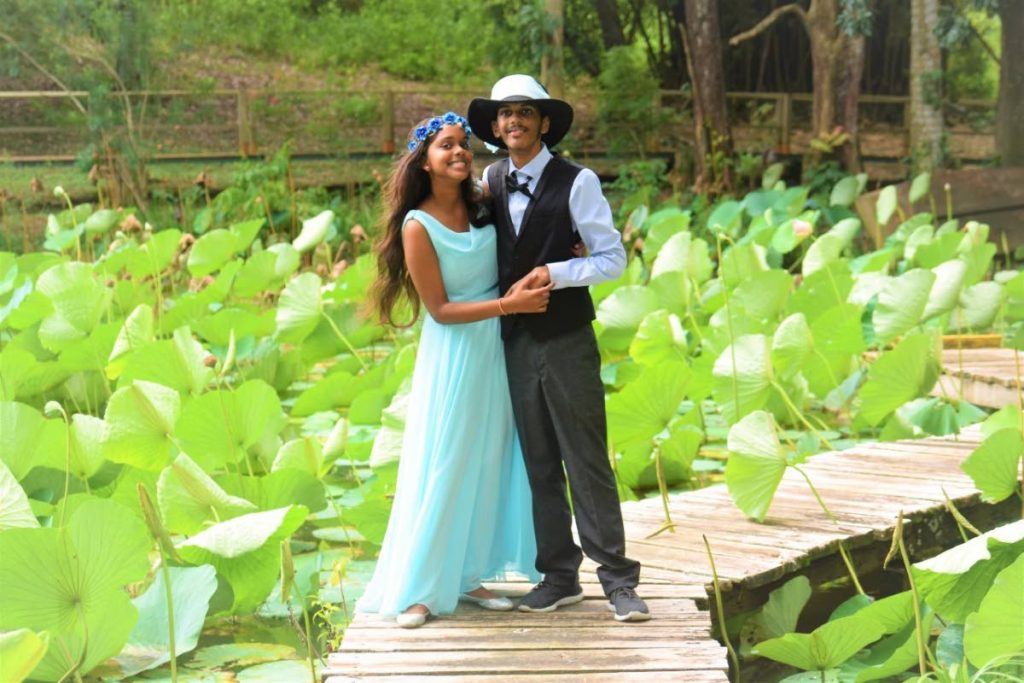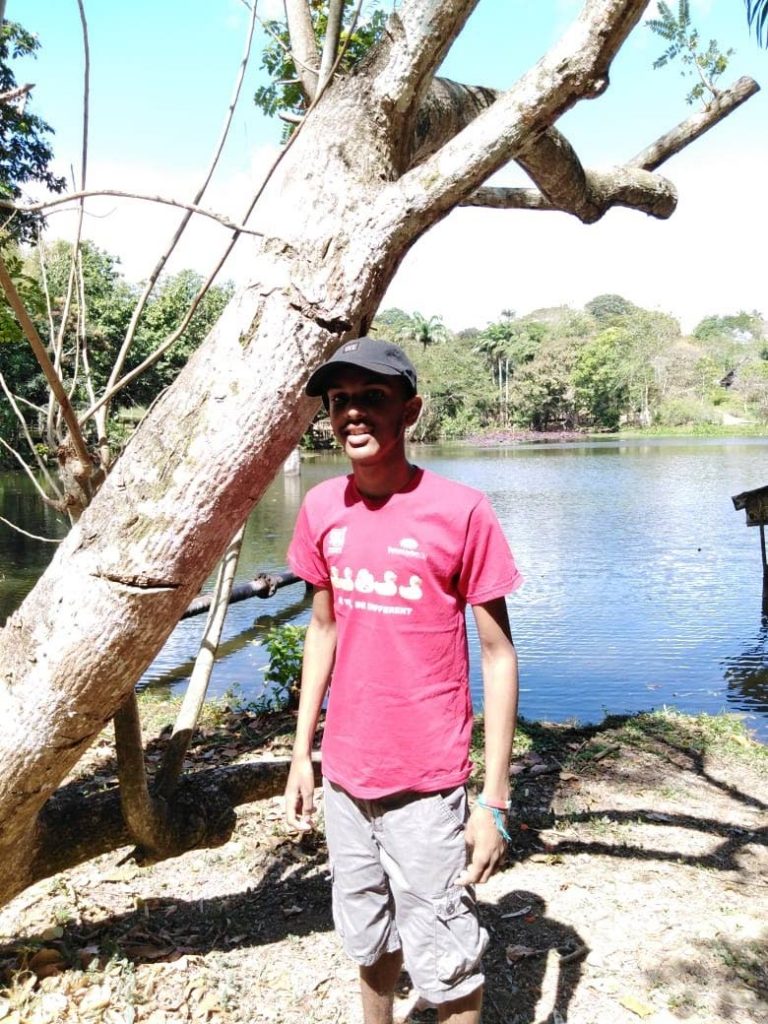Autism and nature

DR RADICA MAHASE
A VERY long time ago Aristotle said, "In all things of nature there is something of the marvellous."
I have always loved nature, but in the last couple of years I realised exactly how marvellous nature can be and actually is. You see, for the last couple of years my nephew was not enrolled in a school, as we couldn’t find a school to accommodate his needs. No matter how many activities we did with him at home, he was bored and unchallenged.
We were very determined that he would not become one of the many teenagers with autism who wasn’t in school and didn’t have any other opportunities, who ended up home and faded into the background. We noticed that when he wasn’t intellectually stimulated or just simply occupied doing something, he would have meltdowns more often.
We looked for things to do with him on a daily basis. We had stopped taking him to the beach, because he would get carsick, but now that he was older, we let him sit in the front seat and headed to Maracas once a month. He absolutely loved the beach. The only problem was that because of the distance, going to Maracas was not possible on a regular basis.
Then we discovered a beautiful place only five minutes from our home, the Wild Fowl Trust in Pointe-a-Pierre. We had been there before, so we were familiar with it, but we had never really taken him.
The first time we took him he was ecstatic. He was very happy to walk around the pond, to sit on a bench and just watch the ducks and peacocks and listen to the birds singing. This became one of his favourite spots that we started visiting regularly – just for a walk and to break in the monotony of the day, to get him to come out of the house and be in a clean, green space. We saw how happy he was to be in such a beautiful space and how calm it made him. It also helped that the staff at the Wild Fowl Trust was extremely warm, welcoming, understanding and accommodating.
A study called Exposure to nature for children with autism spectrum disorder: Benefits, caveats, and barriers by Dongying Li, Linda Larsen, et al shows that parents found that exposing their children with autism to nature helped in three main ways – sensory-motor, emotional, and social benefits.
Parents found “natural elements captivated children's interests and held their attention for extended periods of time.” They found children’s interests were stimulated when they engage with nature and their children “were particularly attracted by loose elements, such as sand, mud, leaves, twigs, and water. These elements presented colours, textures, smells, and ability to be transformed in endless ways that are hard to find in uniform, built spaces.”

Parents also found that “natural play equipment in parks, such as swings, hideouts, slides and climbing structures fascinated their children and provided opportunities to use their body and grow better.” Children were happier, more energetic and livelier and playing outdoors helped to keep them calmer.
However, parents were worried about how others viewed and interacted with their children in natural public spaces. They were also concerned about safety in the natural space as well as stranger danger; they were worried about their children behaving inappropriately in public and they were fearful that their children might have tantrums and meltdowns.
Taking a special needs child out in any public space will have both positive and negative effects, depending on the individual child. While nature can help in so many ways, parents of children with autism will usually know what their children like, what their children enjoy doing; what works for one child might not work for another.
For the parents who want to expose their child to nature, the main options in TT include beaches and parks. At both of these the safety issues and interactions with others are real concerns.
So many times parents of special needs children look for places to take their children, but they are limited. Recently, there was an incident in south where a parent was banned from taking her special needs child to a play park in the community where they lived because the child would make loud noises and other parents complained that their children were scared of the child.
While situations like this might be a reality if you find that your child loves nature and benefits from nature, please don’t stop taking your child out.
Dr Radica Mahase is the founder/director, Support Autism T&T


Comments
"Autism and nature"